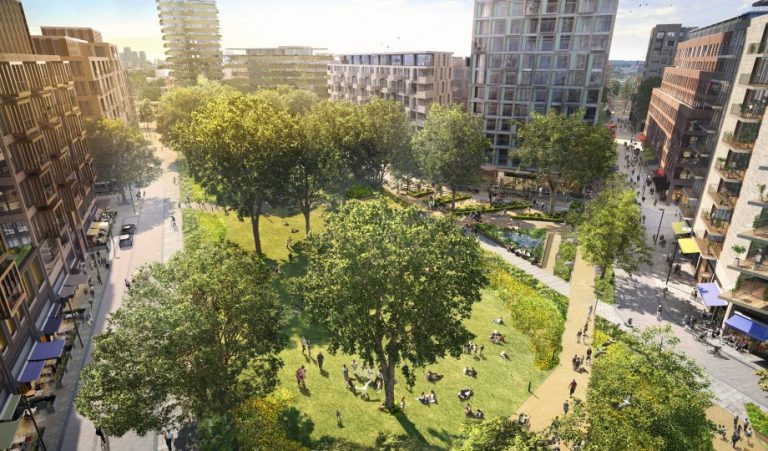Nature
According to the World Economic Forum, 50% of our economy is directly or indirectly linked to nature. Recognising that our economy is deeply embedded in nature is the first step to combatting the nature crisis.
Key Nature statistics
Nature and the Built Environment
Practitioners across the built environment can exert considerable influence as we look to deliver buildings, developments and communities that recognise nature’s role in our world. Now is the time to go beyond protection and restoration, and look to how to deliver through a ‘nature-positive’ lens.
The UK built environment industry has a chance to lead on such ambitions – both on and off site. By mindfully choosing and reusing materials, as well as holding high standards for material origins, the sector can use and advocate for materials that have a much-reduced impact on local and global biodiversity.
The move to a circular economy will be a vital part of this plan, helping us to move away from the destructive extraction practices of our linear economy, towards a regenerative model which retains materials and eases pressure on nature.
There is also a strong business case for incorporating nature and increasing biodiversity in new schemes and existing developments. The health – and productivity – of citizens and the natural environment can be greatly enhanced by such developments featuring green space, trees, and biodiverse environments.
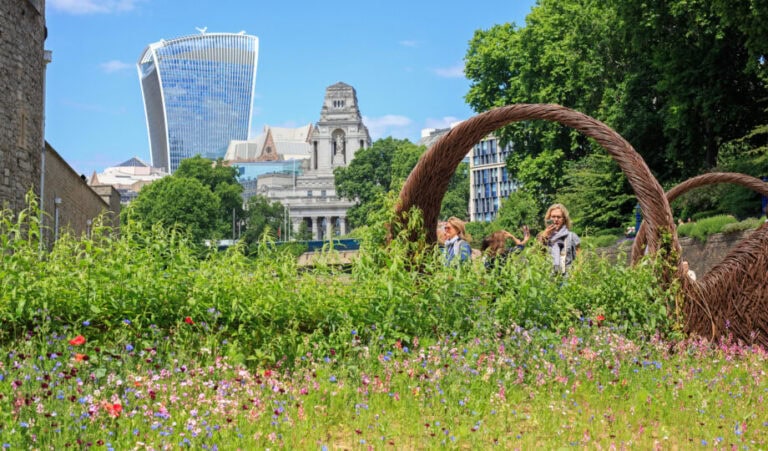
What is UKGBC doing for nature?
With our network of more than 700 member organisations spanning the entire built environment sector, we convene, collaborate, advocate, inspire and enable those in the industry to deliver a more sustainable, regenerative, and nature-positive built environment.
Crucially, we work with our membership to demonstrate the value of making developments and communities nature positive from the very beginning. We arm our members with the tools and metrics they need to present this holistic value in a business-friendly way – ensuing all those in a project are champions for nature.
Often working with industry experts, we produce guidance, toolkits and studies that provide valuable insights and step by step instructions. As the industry landscape shifts, with the incoming Biodiversity Net Gain requirements and increasing client demand for nature positive spaces, we are a central hub of knowledge for our members. Not only that, we provide inspiration to take bolder steps forward for nature, considering it not only on site but also in their supply chain.
Finally, we raise our collective voice, representing the built environment in the nationwide conversation about enhancing wildlife and biodiversity. This includes political lobbying and campaigning, advocating that for our industry, just protecting nature isn’t enough.
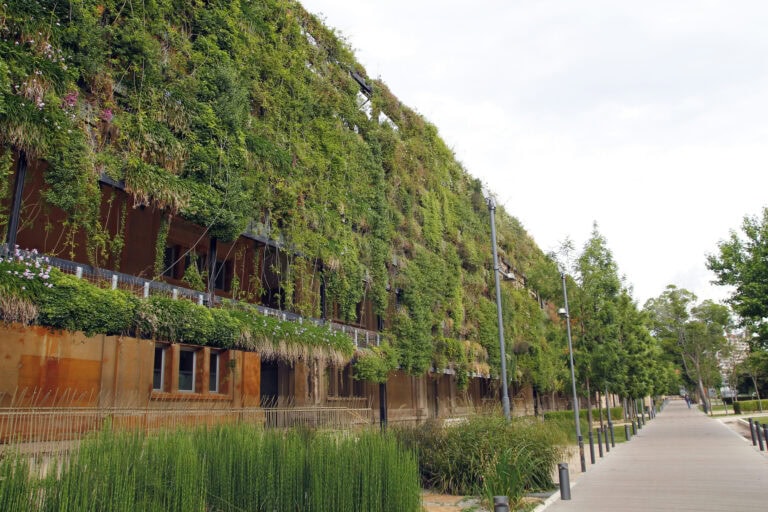
COP15 and toward ‘nature-positive’
Last year’s COP15 conference was a huge boost for nature, enshrining a shared commitment to protect nearly a third of our land and seas by 2030. It is vital that the opportunities presented by COP15 are not lost, that clear policies and a regulatory framework are established, and that the business community is at the heart of such ambitions, to drive investment in nature.
The UK has an important role to play in reversing biodiversity loss and becoming nature positive, through its influence on the global supply chain and by restoring the country’s own depleted natural resources, the latter of which requires swifter, more ambitious policies.
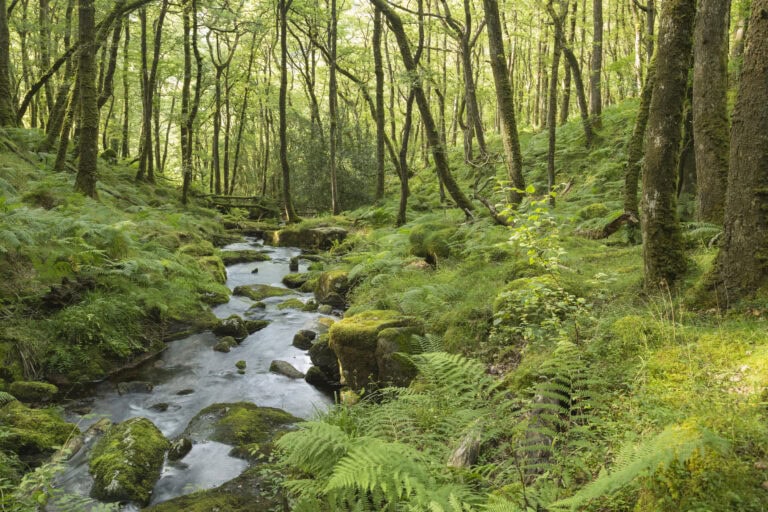
Get involved
NBS Labs – Participants & Project Partners
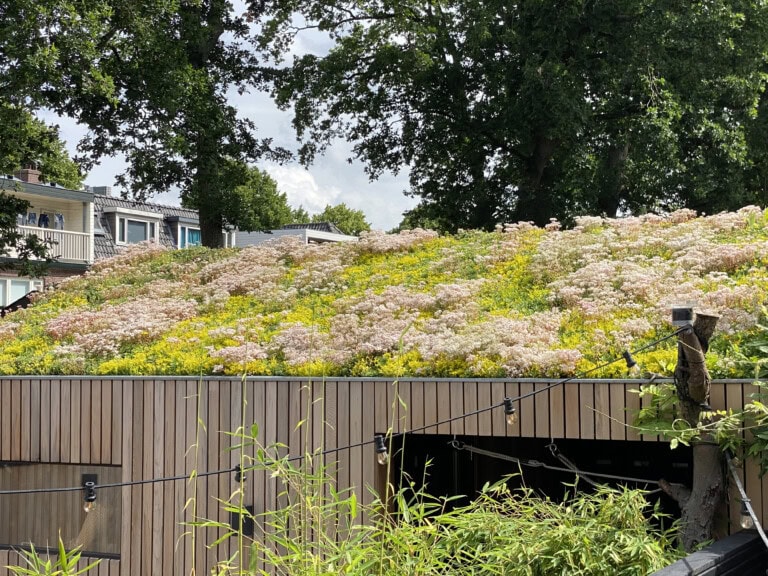
Programme Partners

Submit to our solutions and case study library

UKGBC Local Networks: Birmingham, Bristol, London & Manchester

Events
Biodiversity Net Gain Masterclass (London)

Biodiversity Net Gain Masterclass (Manchester)

An Introduction to Climate Resilience and Adaptation in the Built Environment from UKGBC

An Introduction to Sustainability in the Built Environment (on-demand)
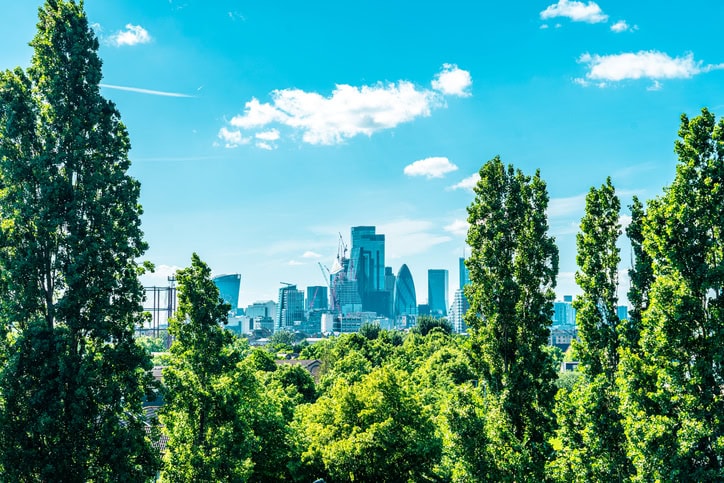
Resilience & Nature Programme Partners
With thanks to our programme partners who make our work on nature possible.




Nature blogs
UKGBC Responds to the Government’s new Biodiversity Net Gain Proposals
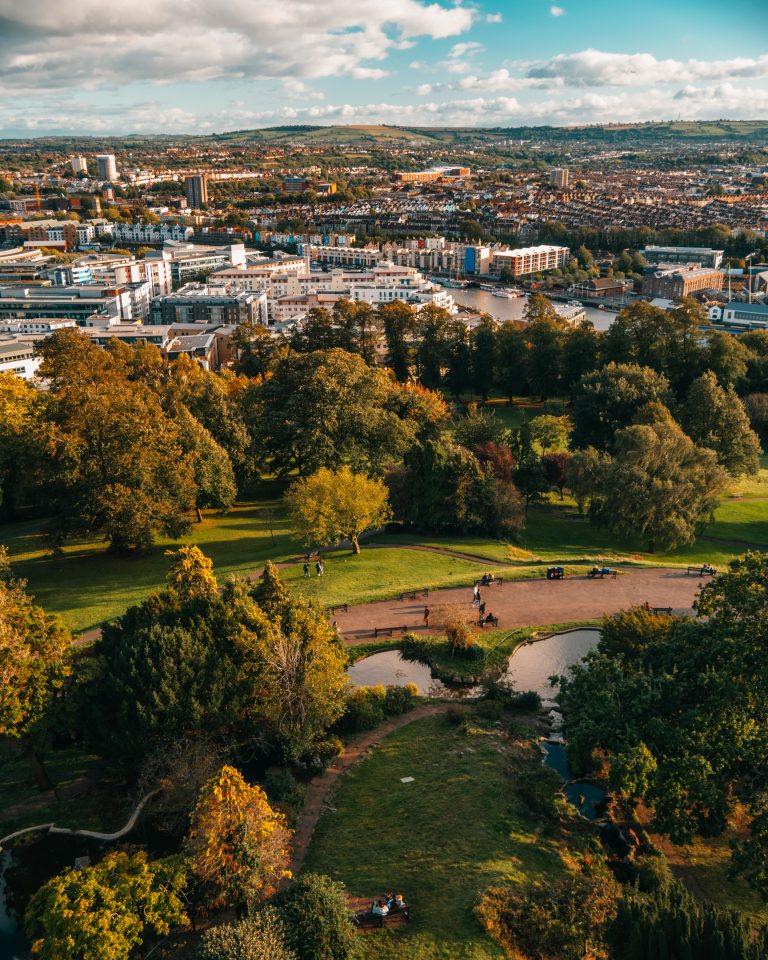
UKGBC launches consultation on Nature-Positive Framework Definition for the Built Environment
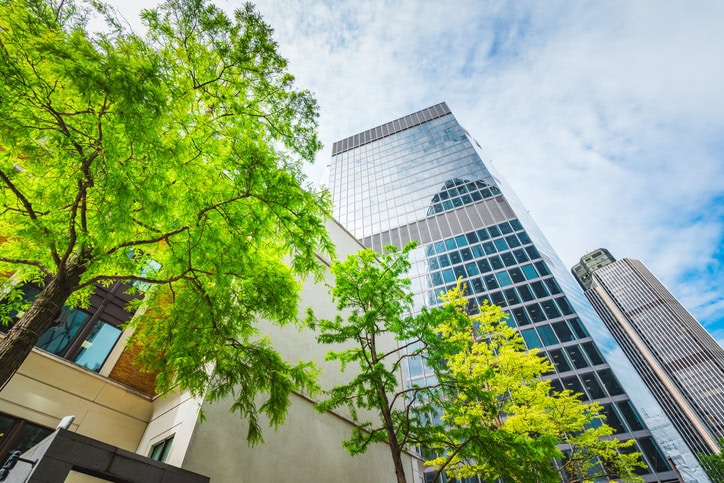
What’s next for Embodied Ecological Impacts?
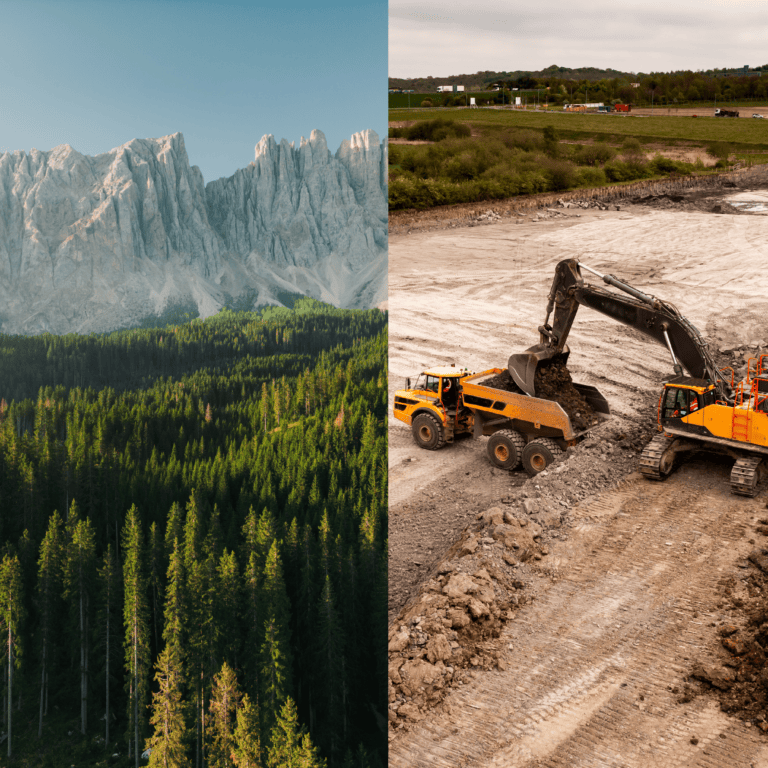
Construction is driving global biodiversity loss – it’s time for Government to act
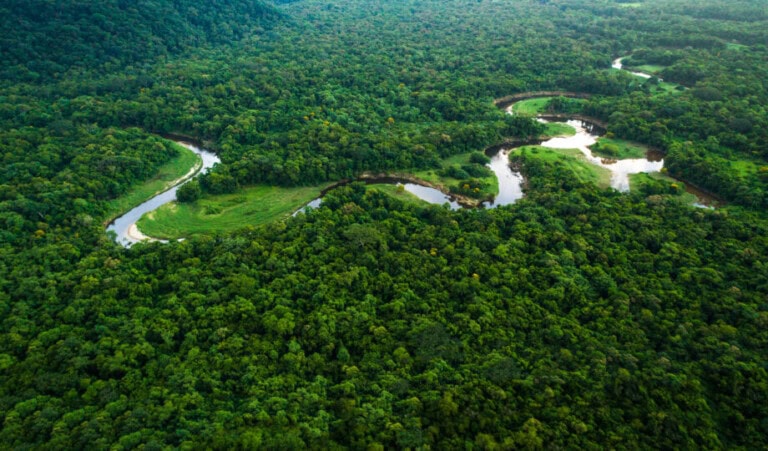
All Nature Resources
Site Analysis Tools for BNG

Trends in Sustainable Solutions for the Built Environment – Reflecting on 2024

Science-based ecological softscape planning service

Bitesize Learning

Sustainability Shorts
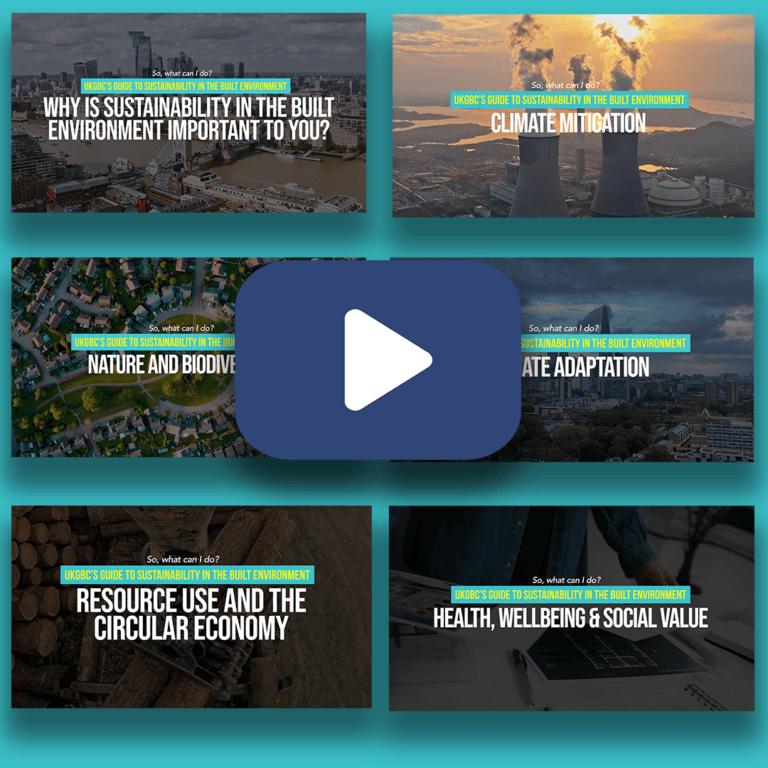
Nature-Based Solutions Infographics
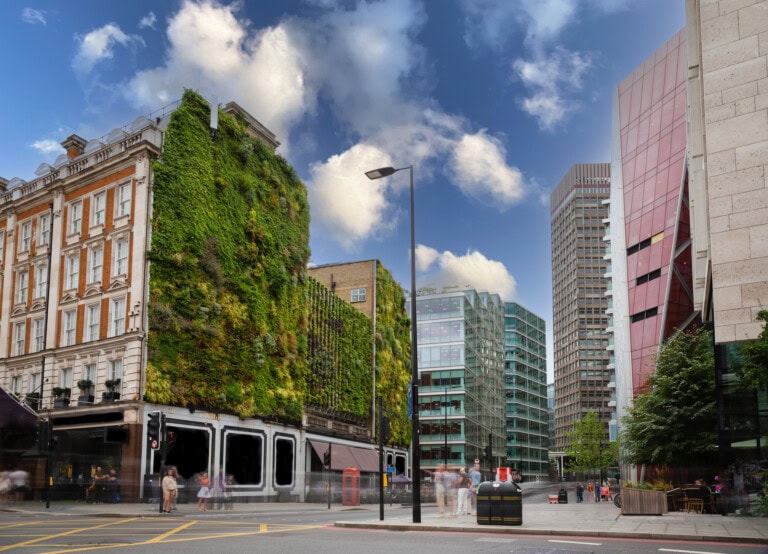
Extraction: a conversation on biodiversity at Lough Neagh

Framework for Integrating High Quality Green Infrastructure
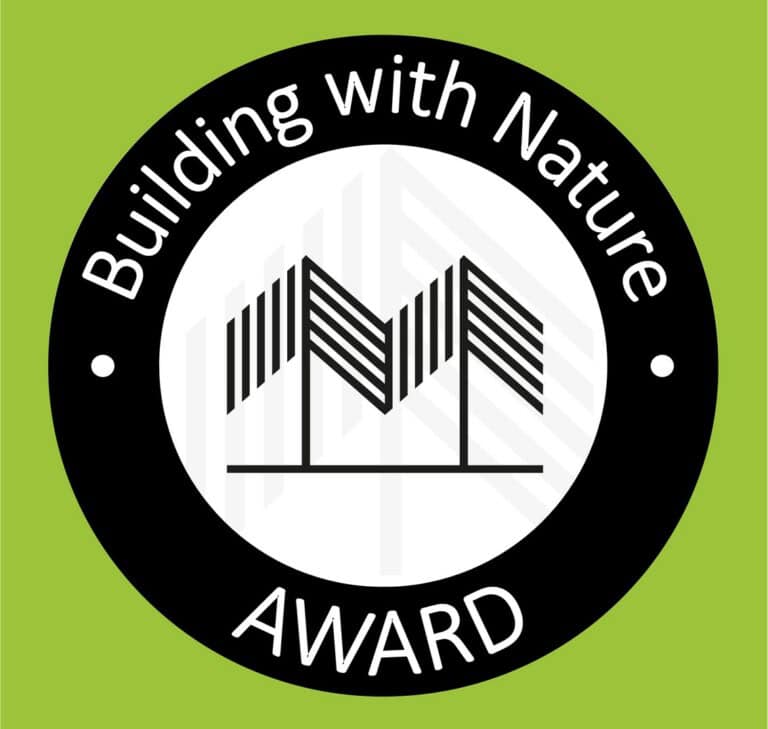
Window film for reducing bird collisions
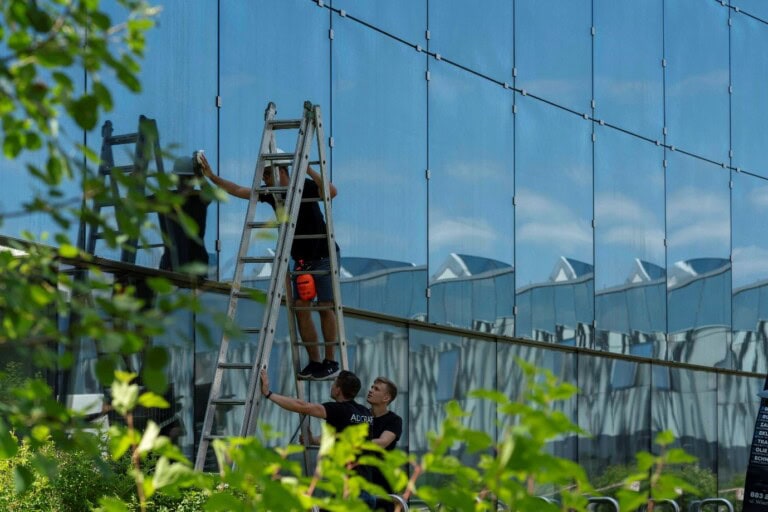
Minerva House
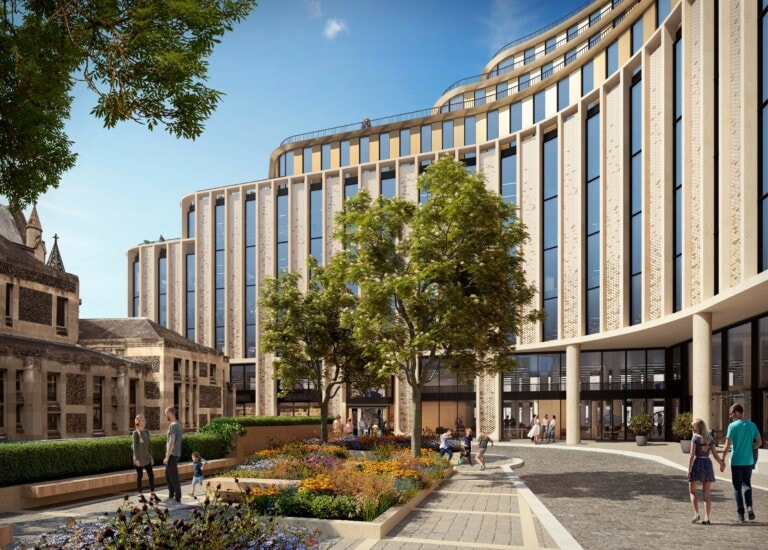
In-depth property- or location-specific data

Trends in Sustainable Solutions for the Built Environment – Reflecting on 2023


